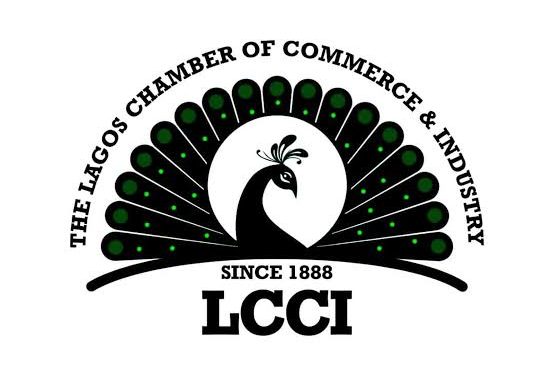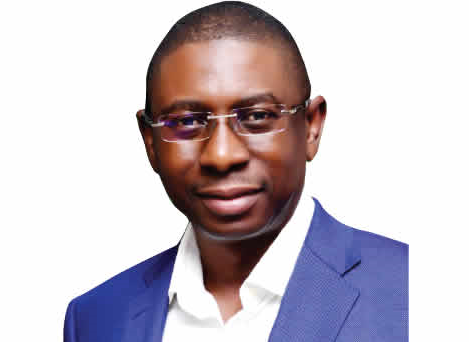The Lagos State Government and the Lagos Chamber of Commerce and Industry (LCCI) have urged increased investment in Nigeria’s power sector to support decentralization, improve competition, and ensure reliable energy supply for homes and businesses.
Speaking at the LCCI Power Sector Conference in Lagos on Wednesday, stakeholders warned that decentralisation under the Electricity Act would only succeed if both government and private investors commit capital to modernise ageing infrastructure, expand generation capacity, and upgrade distribution networks.
Lagos State Commissioner for Energy and Mineral Resources, Biodun Ogunleye, represented by Chief Technical Officer Ogunade Hamed, described the country’s energy transition as “a defining moment.” He noted that Lagos has taken early steps to create a decentralized electricity market but stressed that further investment is critical to sustain reforms.
“Our distribution and transmission networks require significant investment, refurbishment, and smarter management. We cannot deliver reliability on infrastructure designed for a smaller population and a different economy,” Ogunleye said. He highlighted ongoing initiatives such as an expanded embedded generation framework for industrial clusters, solar retrofits for 42,000 streetlights, and regulations supporting mini-grids and hybrid systems.
Ogunleye added that no state can build a thriving electricity market alone, urging both public and private actors to “invest, collaborate and demonstrate the courage to innovate.”
Olufemi Bakare, Chairman of the LCCI Power Sector Group, emphasized that Nigeria stands “at a critical juncture” in its pursuit of sustainable energy solutions. He said infrastructure gaps continue to constrain the benefits of decentralization and called for collective action to resolve transmission and distribution bottlenecks that hinder business growth.
Gabriel Idahosa, President of the LCCI, noted that while decentralisation presents opportunities, longstanding weaknesses across the power value chain remain. “Nigeria cannot industrialise without reliable electricity; our businesses cannot scale without energy stability; our digital ambitions cannot thrive without dependable power,” he said. Idahosa stressed that harmonised standards, enabling policies, and predictable investment environments are crucial to attract private capital and build competitive electricity markets.
The conference, themed ‘Infrastructure Optimization and Challenges in the Power Sector Amidst Current Decentralization Efforts, brought together industry leaders, investors, and policymakers to discuss strategies for grid resilience, renewable energy integration, and unlocking financing for state-level electricity markets.










